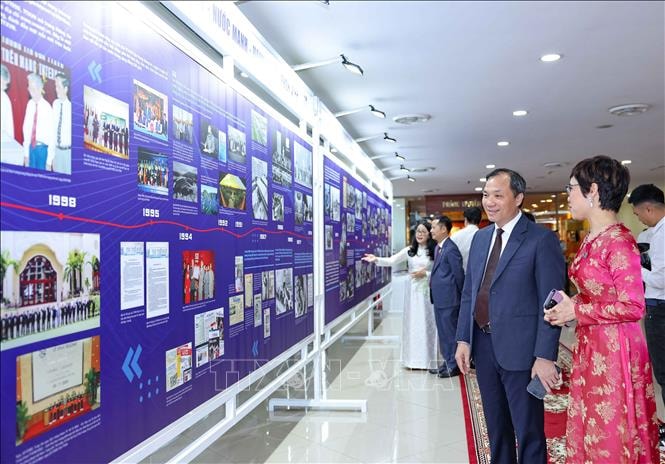
On the occasion of the 80th anniversary of its tradition (September 15, 1945 - September 15, 2025), Vietnam News Agency (VNA) launched a special documentary "80 years of Vietnam News Agency - Continuing the heroic epic".
With a duration of 25 minutes, the film is a panoramic, realistic picture recreating the glorious historical journey of the national news agency from the early days of the country's founding, through two long resistance wars, to the renovation, international integration and entering the digital age.
The film opens with the historic moment of September 15, 1945, just 13 days after President Ho Chi Minh read the Declaration of Independence, the first news bulletin of the Vietnam News Agency (VNTTX) was broadcast in three languages: Vietnamese, English, and French. This was not only an event marking the birth of the national news agency, but also affirmed from the very beginning the pioneering role of VNA: conveying the independent and free voice of the Vietnamese people to compatriots across the country and friends around the world .
In the context of the young country facing numerous difficulties, VNA closely followed every step of the revolution. When President Ho Chi Minh issued the Call for National Resistance, opening the long-term fight against French colonialism, VNA moved from Hanoi to the Viet Bac War Zone. Here, journalists quickly built a base from bamboo huts, earthen tunnels and field telegraph lines, to keep the information flow uninterrupted. The main task was to exploit, evaluate and collect information to serve the Party Central Committee and the Government in planning strategic policies; at the same time, report news and write articles to encourage the mass movement to enthusiastically participate in the resistance, continuing to spread information about the nation's just resistance to all five continents.
A touching detail mentioned in the film is President Ho Chi Minh 's advice in 1954: "The faster the news, the faster the resistance will win." That advice has become a guiding principle for all activities of generations of VNA journalists. On May 7, 1954, VNA reporters at the Dien Bien Phu base broadcast news about the resounding victory that shook the world.
Entering the fierce and arduous resistance war against the US to save the country, news reporters continued to be present at the hottest spots on the battlefield. On October 12, 1960, the Liberation News Agency (VNA) was established in the Duong Minh Chau War Zone, becoming the official mouthpiece of the National Liberation Front of South Vietnam. With the support of VNA, VNA quickly developed a wide network of reporters, both fighting and reporting news and photos, ensuring the provision of complete, fast, and timely information to the Central Office for South Vietnam and transferring news to the North.
To get news and photos from the fierce battlefield, many of VNA’s branches were repeatedly hit by American bombs. Some branches were thought to have been wiped out by coordinate bombing, and all reporters and technicians were sacrificed. However, as long as VNA still has people, there is still news. The journalists-soldiers are always present at the front line, carrying out the mission of war correspondents, affirming the role of the strategic information agency of the Party and the Central Military Commission.
News from the fronts, news collected from press agencies and Western news agencies are the basis for Party and State leaders to forecast the situation, make decisions, and bring victory on the battlefield and at the negotiating table. At the Paris Conference in 1973, VNA closely followed every development, promptly provided information, contributed to explaining Vietnam's stance, and gained the support of peace-loving people around the world.
During the historic Ho Chi Minh Campaign, reporters and technicians of VNA and VNA followed the rapid footsteps of military units, reporting news and images of the 1975 Spring General Offensive and Uprising, which were transmitted around the world. The photos capturing the historic moment of April 30, 1975 have become invaluable documents.
The film also pays tribute to those who have fallen. Nearly 260 officers, reporters, and technicians heroically sacrificed their lives so that the news flow would never stop, and many others were permanently disabled. Their sacrifices have become a testament to the courage, bravery, and dedication of revolutionary journalists.
The country was unified, the mountains and rivers were connected, opening a new era for the development of the country's news industry. On May 12, 1976, VNA and GVN merged and changed their name to VNA, continuing to affirm their role as "the official source of information for the Party and the State". From only providing news and photos to press agencies, VNA expanded its operations, directly bringing information to the public with the launch of a series of new publications such as "Sports and Culture", "News Week", ... foreign publications such as: Vietnam News, Le Courrier du Vietnam, Vietnam Law and Legal Forum. Together with Vietnam Pictorial published in 10 languages, VNA's foreign information products have contributed to bringing the image of Vietnam closer to international friends.
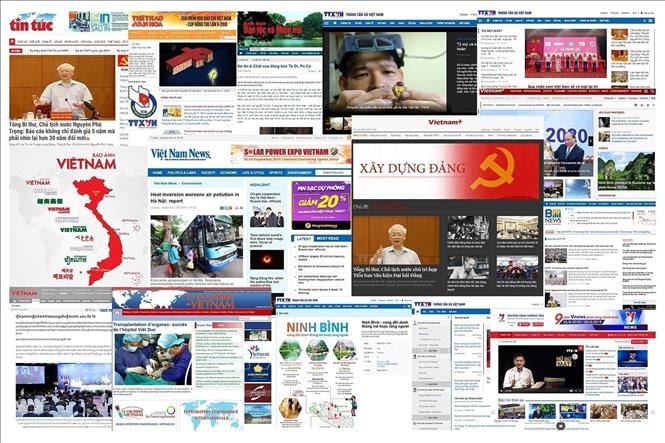
VNA has also proactively and actively expanded international cooperation. In addition to strengthening relations with traditional partners such as Xinhua (China), KPL (Laos), AKP (Cambodia), Prensa Latina (Cuba), Tass (Russia), VNA has developed a new partnership network with major news agencies such as AFP (France), AP (USA), Reuters (UK), Kyodo News (Japan). The strong transformation of VNA during this period demonstrates the sharp thinking of the times, the determination to innovate, the daring to think and act of the "golden generation" of VNA leaders, including journalist Dao Tung with a quarter of a century leading the news industry.
The film also emphasizes the special mark in the digital age, VNA constantly develops technical infrastructure, applies modern technology, and improves the qualifications and capacity of its team of reporters. Since the milestone of connecting to the Internet in 1998, VNA has gradually affirmed its pioneering role in the process of information technology in journalism. In 2008, the VietnamPlus e-newspaper was officially launched, paving the way for the flow of mainstream, multilingual electronic information. Subsequently, the system of data journalism, information graphics, mobile journalism, television, and audio has been strongly developed, meeting the increasingly diverse needs of the public.
In recent years, VNA has promoted the application of artificial intelligence and big data technology to produce modern, interactive press products. This journey shows a VNA that is constantly innovating and creating, truly becoming a key multimedia press agency, a pioneer in implementing digital transformation in Vietnam's revolutionary press.
With 34 domestic and 30 overseas offices, VNA has created a widespread network, ensuring smooth information flow from central to local levels, while bringing the Vietnamese voice to the world and closely connecting with international friends. Not only present at diplomatic and economic forums, VNA reporters are always present at the front lines of social life. They are dedicated and ready to be present in dangerous places, from the epicenter of storms, floods, and severe natural disasters to border areas, islands, or conflicts, wars, earthquakes, and tsunamis around the world to get news and images that reflect the truth and emotion. As the country's main foreign information agency, VNA makes an important contribution to connecting Vietnam with the world and bringing the world closer to Vietnam.
The highlight of the film is the interview with Prime Minister Pham Minh Chinh. The Prime Minister affirmed that over the past 80 years, VNA has successfully completed its tasks and has been awarded many noble awards by the Party and State, demonstrating the worthy recognition of the great contributions of generations of journalists. Expressing his trust and expectations for today's generation, the Prime Minister emphasized that VNA needs to continue to promote its tradition, take advantage of its facilities, technology platforms and digital transformation to become a "sharp weapon on the ideological front", and at the same time be a strategic advisory body, providing reliable analytical and evaluative information for the Party and State. VNA must maintain the spirit of "fire in the heart, steel in the pen", contributing to protecting the Party's ideological foundation and national sovereignty, bringing the country into an era of wealth, prosperity and happiness.
At the end of the film, the message "Continue the epic" resounded strongly once again, closing the 80-year journey with faith and aspiration and opening a new page of history with the affirmation of VNA Director General Vu Viet Trang: "In the face of strong movements in all fields both at home and abroad, in the face of changes in the times, news reporters will continue to be the ones to record historical milestones with diverse, attractive and creative information products; and join hands with the whole country to enter a new era of the nation. Continuing the tradition of the heroic news agency, with the Party's ideology as the guiding torch, VNA's information will contribute to arousing strength, determination, bringing strategic decisions into life, bringing practical benefits to the people and continuing to affirm its role as a strategic information center serving the Party and State. This is not only a political task, but also a responsibility before history, before the people and before the future of the country. water".
Source: https://baohaiphong.vn/ra-mat-phim-tai-lieu-80-nam-thong-tan-xa-viet-nam-viet-tiep-ban-hung-ca-520765.html





![[Photo] Lam Dong: Images of damage after a suspected lake burst in Tuy Phong](https://vphoto.vietnam.vn/thumb/1200x675/vietnam/resource/IMAGE/2025/11/02/1762078736805_8e7f5424f473782d2162-5118-jpg.webp)


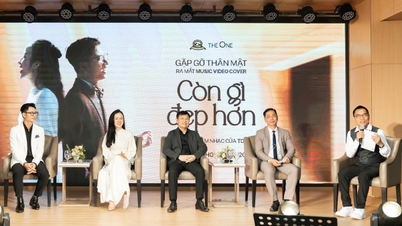
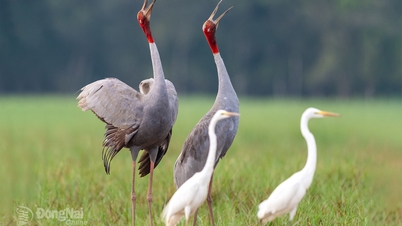

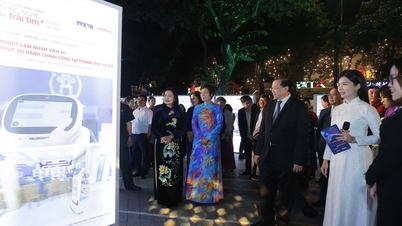



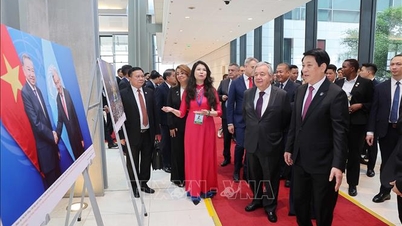




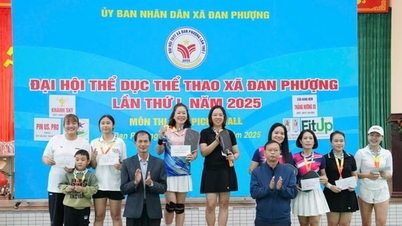
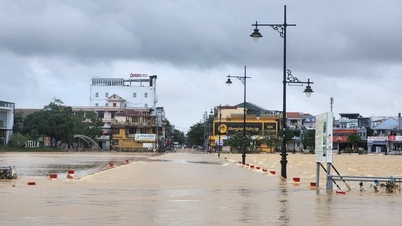
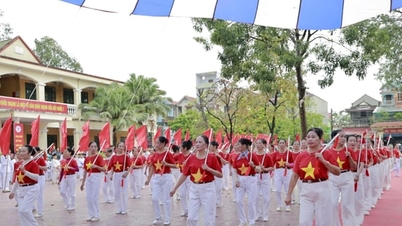
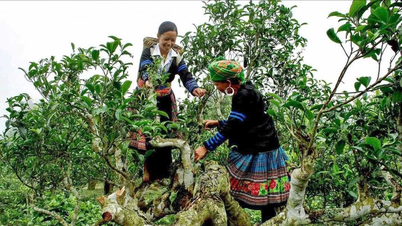

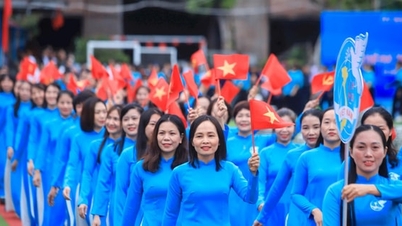




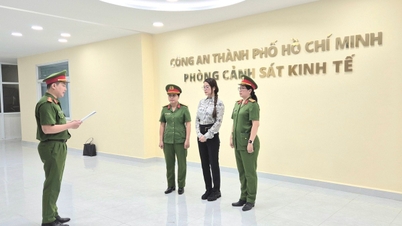
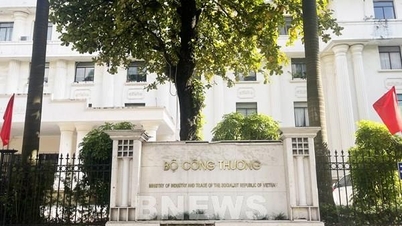

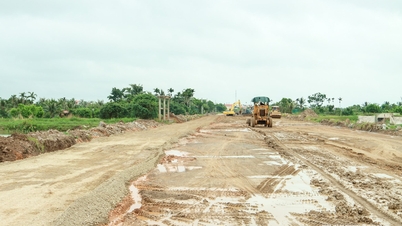
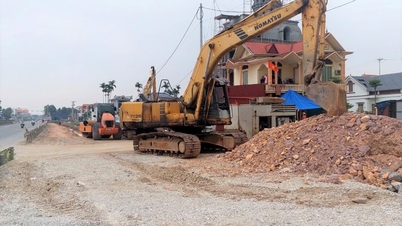
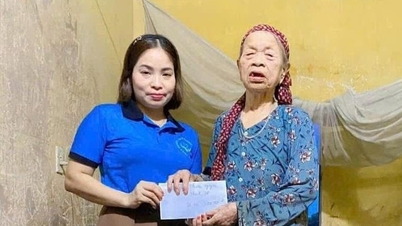
![[Photo] Prime Minister Pham Minh Chinh chairs the second meeting of the Steering Committee on private economic development.](https://vphoto.vietnam.vn/thumb/1200x675/vietnam/resource/IMAGE/2025/11/01/1762006716873_dsc-9145-jpg.webp)



































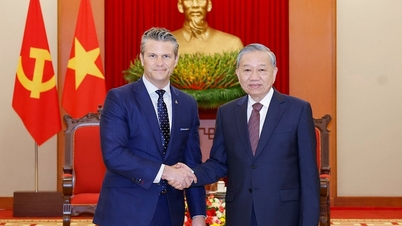



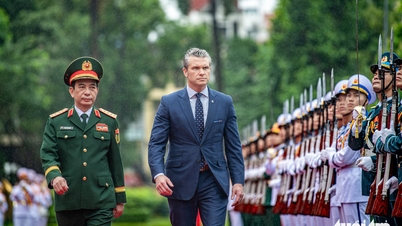



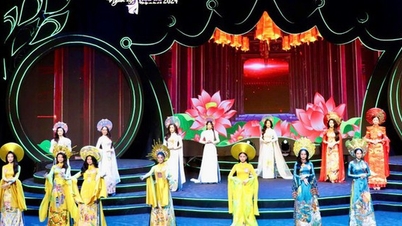


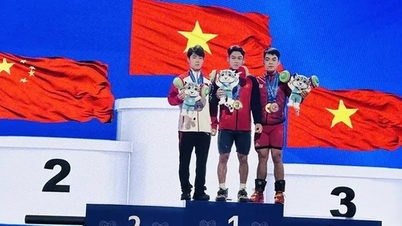
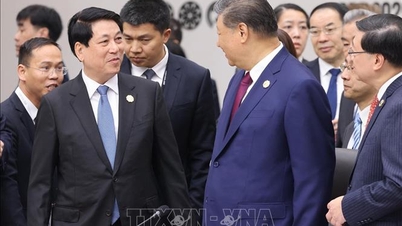

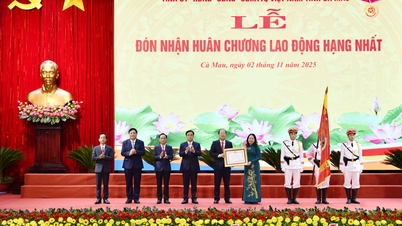



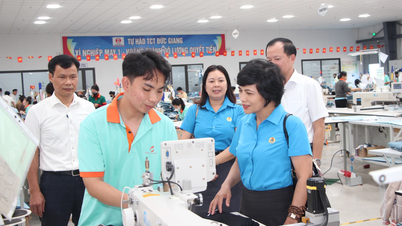
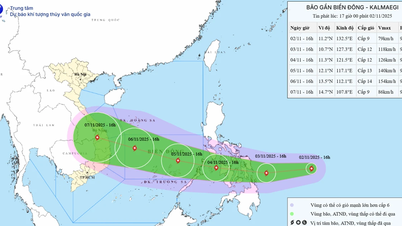
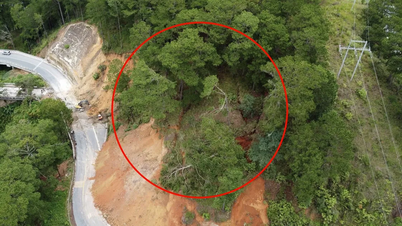

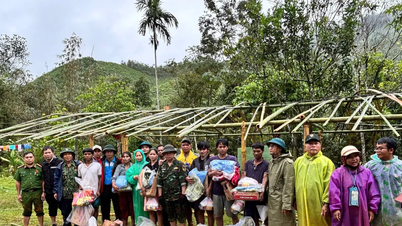
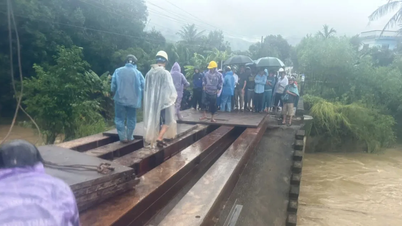













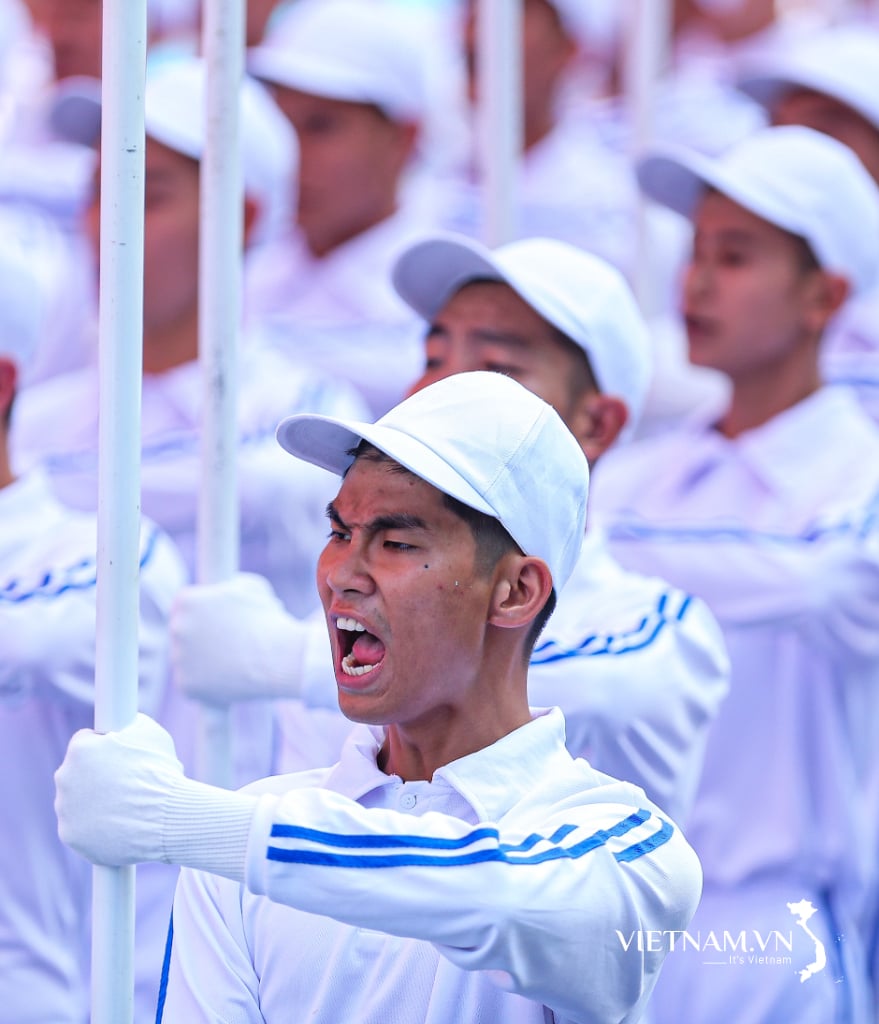

Comment (0)